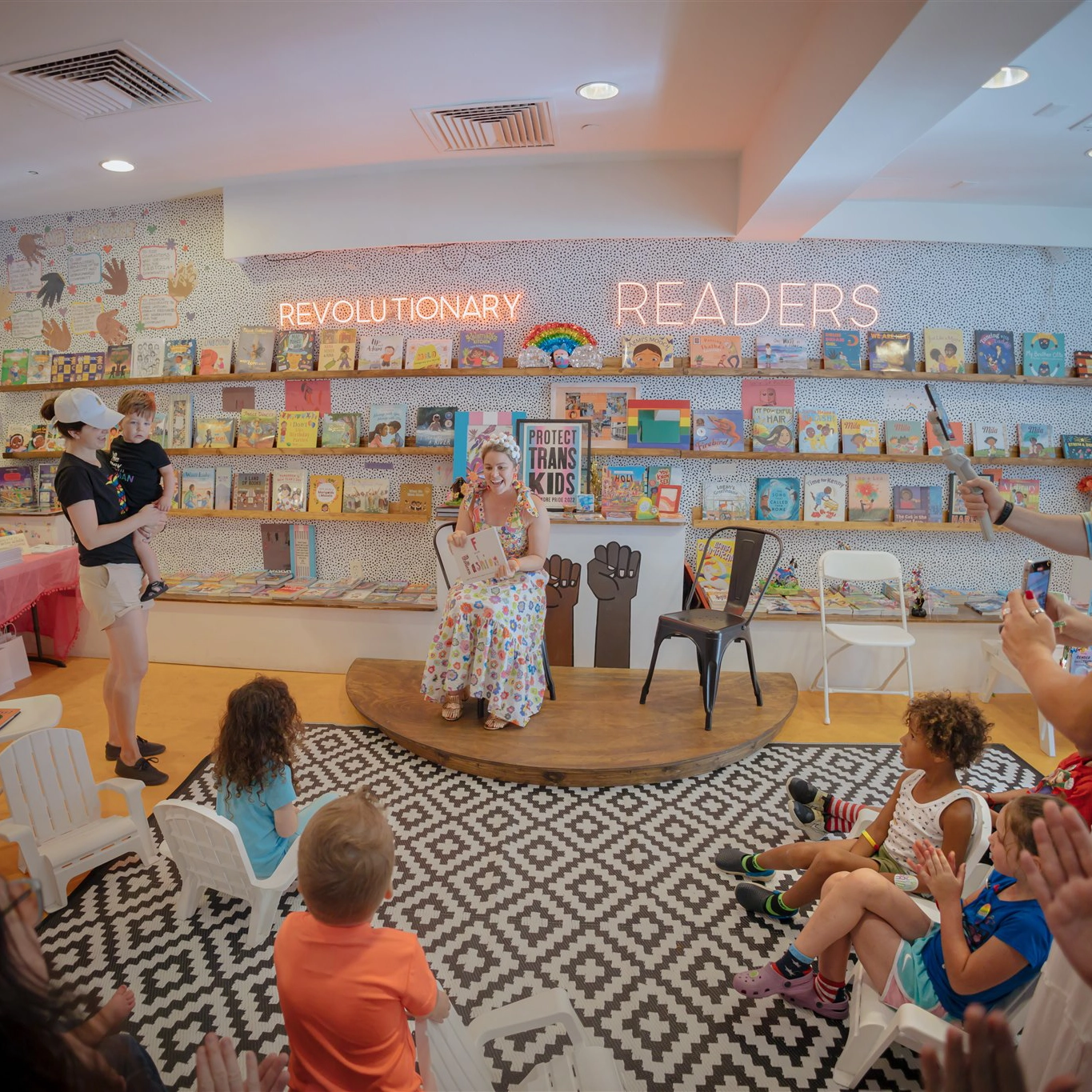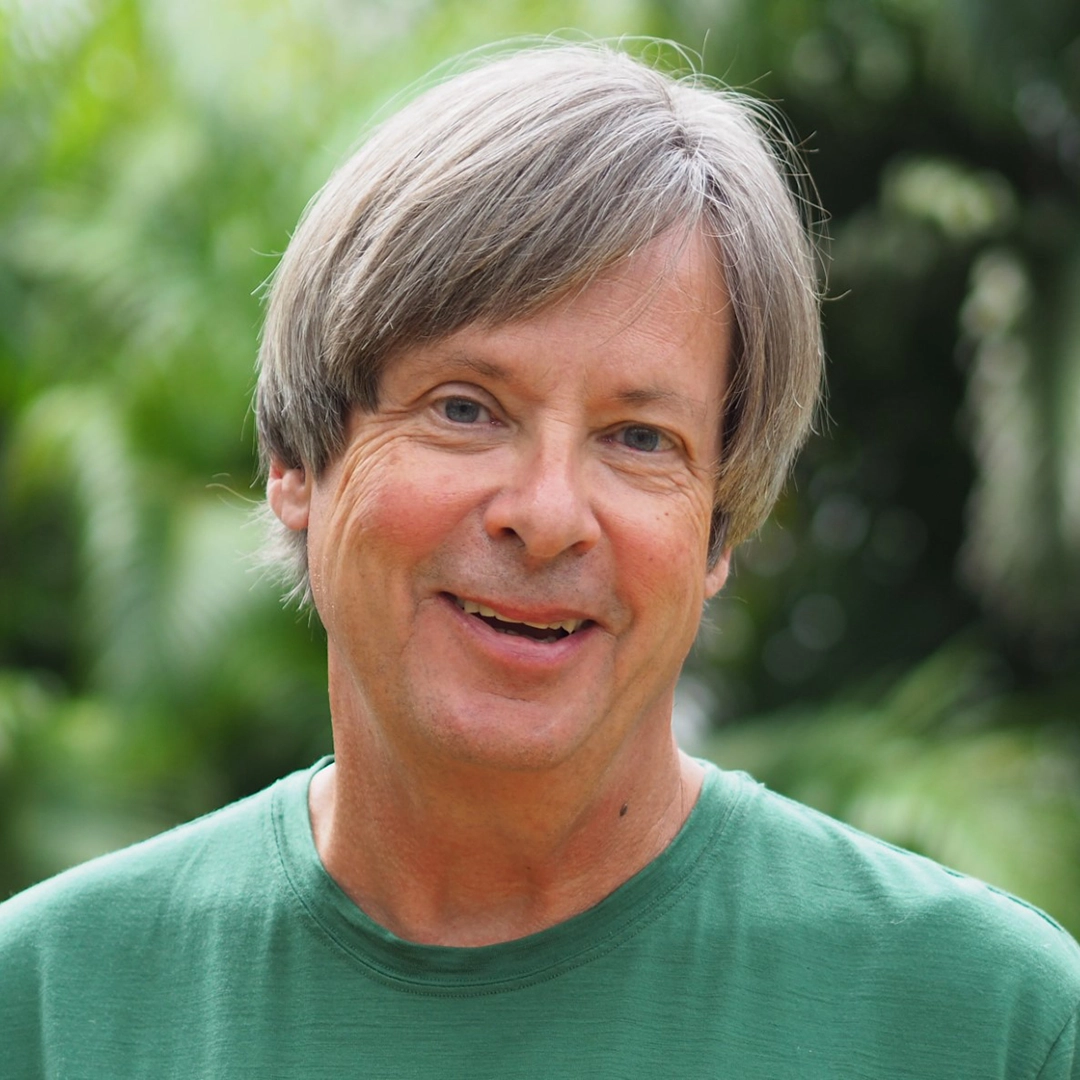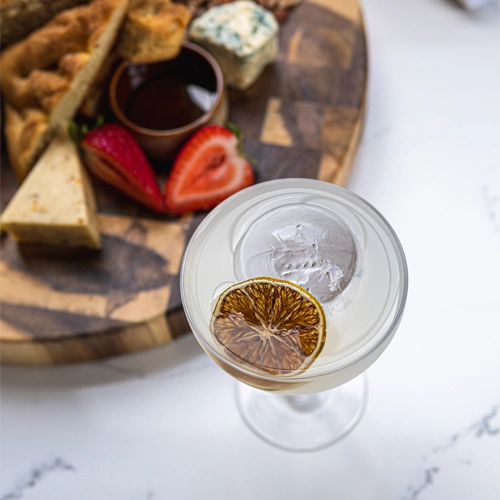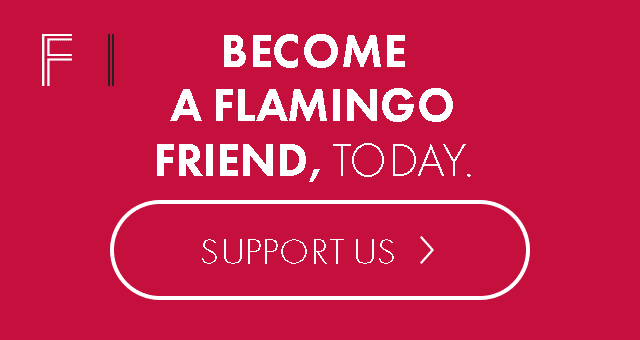by Diane Roberts | August 26, 2024
Finding Literary Sanctuary in the Sunshine State
Give in to your bookish bad habits at these independent bookstores across Florida.

Bookstores are my weakness—one of my weaknesses, anyway, along with pinot gris, “Fleabag” reruns and coconut cream pie. Leaving aside the credit card balance, which grows ever more dangerously with the inevitable purchase of more novels, more memoirs, more histories and more poetry, bookstores are way better for you than most vices—and not at all fattening. Walk through the door of a bookstore, and next thing you know, the gates of mysterious and beautiful realms open, dangerous ideas present themselves and unimagined voices speak from crowded shelves. As John Cowper Powys (a splendidly weird English 20th-century novelist) said, “A bookshop is a powder-magazine, a dynamite-shed, a drugstore of poisons, a bar of intoxicants, a den of opiates, an island of sirens.”
Your favorite bookstore is like your favorite watering hole. You don’t go just for the “intoxicants” (booze-based or lit-based), you go for the community, the people you meet, the bartender who makes you a special cocktail, the siren bookseller herself luring you to dive into an unknown sea of words. The store is the opposite of the internet—you encounter real people, not screens, and real objects of wonder, not virtual ones. Even in the largest of cities, it’s a kind of village square where you find fellow bibliophiles and word junkies. There simply cannot be too many bookstores.
That’s why I was delighted to learn that Lauren Groff, bestselling author and three-time National Book Award finalist, has opened The Lynx, a brand-new bookstore in Gainesville. That’s where she lives, of course, but it’s also a university town, home of Pulitzer Prize-winning historian Jack E. Davis, natural history author Cynthia Barnett, poet William Logan and novelists David Leavitt and Uwem Akpan (among others). She figured Gainesville could use a hub for writers, readers, anyone curious about the world—especially anyone craving stories disapproved by the powers that be in state government.
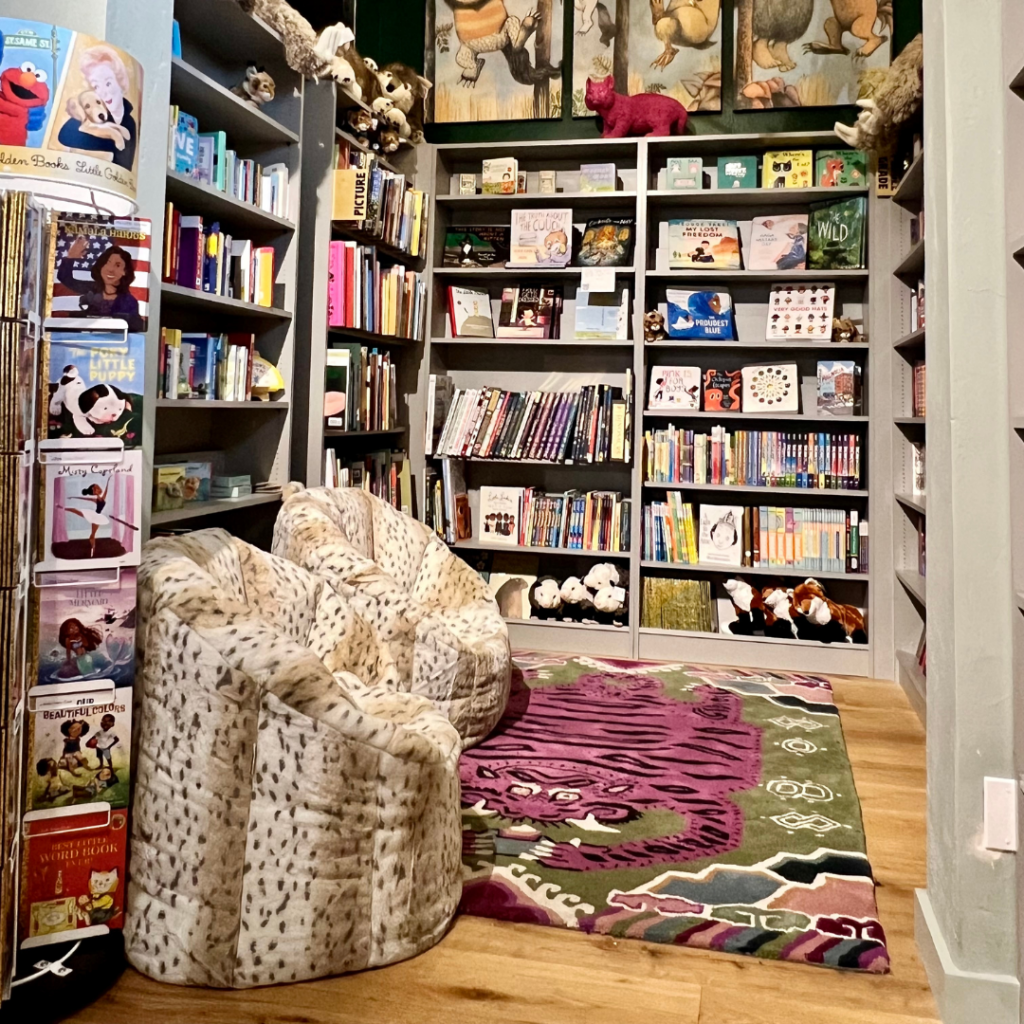
Groff decided to name her place The Lynx after she and her husband encountered what they thought was “the world’s largest housecat” one Florida night. The critter wasn’t, however, your run-of-the-mill kitty: it was one of our amber-furred, tufty-eared native bobcats. Groff says “lynx” is a “sexy” word; it can refer to the elegant feline of Florida’s forests, but also “links between past and present and between authors and readers.”
It’s not as if Groff lacks things to occupy her time. She’s on tour promoting her latest novel, “The Vaster Wilds,” and working on a new one. Nevertheless, in what she characterizes as a “dark era” of books banned from classrooms and libraries, and Florida’s “authoritarian chokehold on education” that forbids schools and colleges from teaching the real history of LGBTQ+ people and people of color, there called for a place where all stories are welcomed. She set up an Indiegogo crowd-funding account with clever perks for donors. If you gave $1,500, you could get a manuscript critique by big-time writers such as Jamie Quatro and Groff herself. A J.D. Salinger first edition went for $600, but you could also snag a large coffee mug with The Lynx logo for a $30 contribution. “I wanted the community to feel like they own this store,” she says, “not just the community in Florida or Gainesville, but the whole literary community.” The community was keen to invest: Within 30 days, The Lynx campaign had exceeded its $100,000 goal.
Bookstores as places were holy to me.
—Mitchell Kaplan
Groff grew up hanging out at Augur’s Books in Cooperstown, New York—a place she describes as “heaven.” It was “full of books I hadn’t read yet, full of natural light and insulated from the rush of the street outside with its baseball tourists and traffic.”
Sally Bradshaw, proprietor of Midtown Reader in Tallahassee, found her childhood book paradise in the McCormick Book Inn in Greenville, Mississippi. She may have lived way out in the Delta, but, as she says, “In books, I could travel anywhere.” Bradshaw gave up a high-powered political career, which included stints at the White House and in the administration of Florida Gov. Jeb Bush, because she feels bookstores are essential spaces, especially for “people of different backgrounds and beliefs who might never be in the same room together.” They can “learn from each other through the power of storytelling.”

Mitch Kaplan, owner of the famous Books & Books in Coral Gables, is the guy you might call Florida’s chief literary enabler. Bradshaw says that when she told Jeb Bush she wanted to flee the increasingly nasty political scene to open a bookstore, “He said, ‘If you’re going to open a bookstore, go talk to Mitchell Kaplan.’” She did and so did Groff. Kaplan, who was brought up in Miami Beach, had intended to become a lawyer. “I noticed I was spending more time in bookstores than the law library,” Kaplan says about his time as a student in Washington, D.C. He came home to Florida and, in 1982, opened Books & Books. “As a kid, I understood the importance of books and bookstores,” Kaplan says. “Bookstores as places were holy to me.”
Wherever I find myself, I go looking for a bookstore. I used to teach at the University of Alabama and would often make a pilgrimage to Oxford, Mississippi, to visit the delicious Square Books, where I could get every text known to man (and woman) about William Faulkner but also discover work by new Southern writers I hadn’t even heard of. I was educated in the other Oxford—the one in England, a town teeming with bookstores, and spent hours in Blackwell’s, the university bookstore. The place—which with its staircases, nooks and crannies, looks like something out of “Alice in Wonderland,”—has four floors of everything from mystery novels to books dating back to Shakespeare’s heyday, scientific treatises and Ancient Greek philosophy—in Ancient Greek. My own great, good-book place was the Black Cat News in downtown Tallahassee, a slightly dusty, epically eclectic establishment frequented by academics, activists, lovers of Dungeons & Dragons, lawyers, legislators and old hippies. Karl Allen, the proprietor, was an eccentric fellow with a wry sense of humor who had studied political science and earned a Harvard master of business administration. He always informed customers he was not the boss: The bosses were the two black cats who lived among the books, perching on the shelves, tails swishing disdainfully.
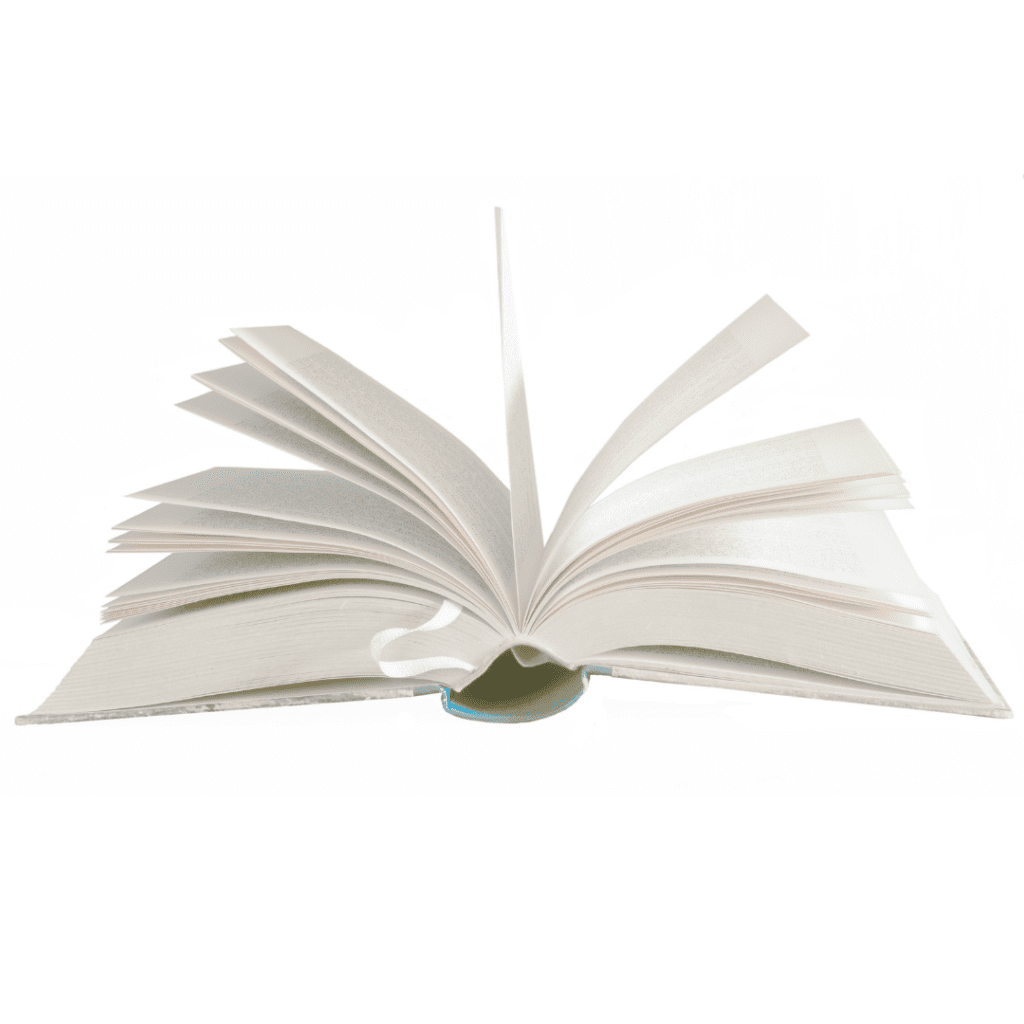
Conventional business wisdom suggests opening a bookstore in the era of Amazon, e-readers and short attention spans might not be entirely rational. Bradshaw says the current owners of Story & Song Center for Arts and Culture in Fernandina Beach tried to talk her out of it while she attended their bookstore training group—not because they wanted to quash the competition, but because it’s a difficult leap of faith. “Finally, they said, ‘Yeah, she’s crazy enough to do this,’” says Bradshaw, “and helped me figure out how to do it.” When Ann Patchett, the award-winning author of “Bel Canto” and owner of the beloved Parnassus Books in Nashville, Tennessee, heard about Groff’s plan for The Lynx, she exclaimed, “You fool!” Then she added, “I’m so proud of you.”
Yet independent bookstores are, weirdly enough, thriving. The New York Times reported 300 new bookstores opened between 2020 and 2022, many concentrating on an underserved audience hungry for books by queer people, people of color, Latinos or Asian Americans. “The ‘Age of Amazon’ is over,” says Kaplan. “Post-COVID, people have come to understand the importance of place.”

I don’t know what I’d do without these idea palaces, where you can discover voices you never imagined and stories you’d never otherwise know. Bookstores are a free space where inquiry, speculation, upsetting ideas, scary facts and uncomfortable truths thrive. Karl Marx and Adam Smith, Virginia Woolf and Angie Thomas, Toni Morrison and James Patterson all coexist on peaceful shelves. As Kaplan reminds us, “Bookstores are more than retail: There’s something soulful about walking into one. Online does not feed our souls.”

